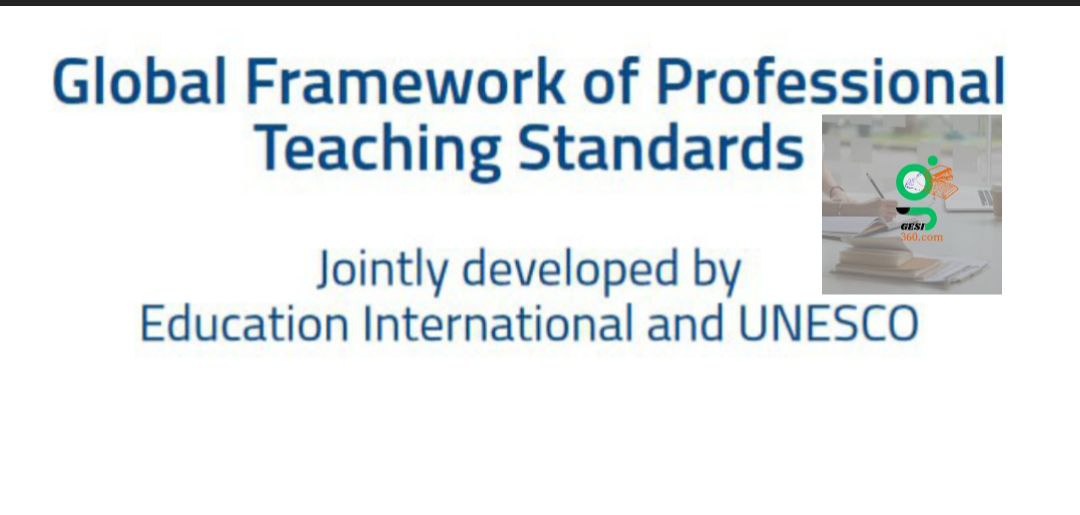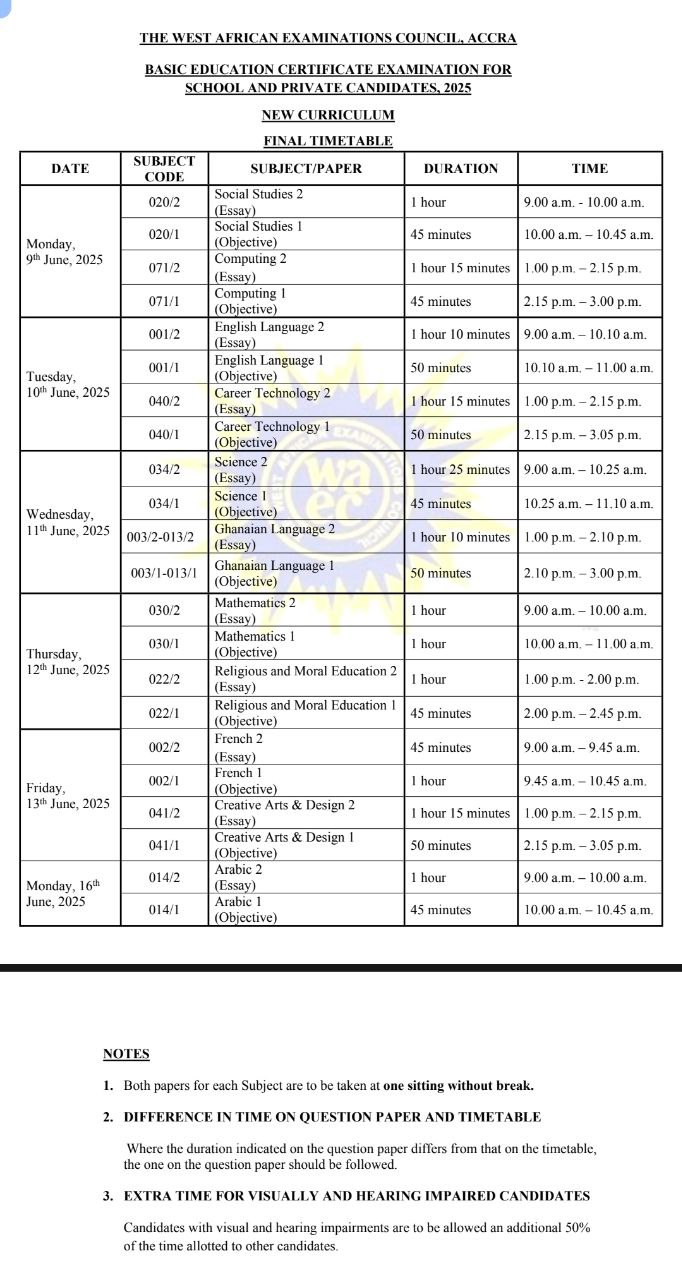
Global Framework of Professional Teaching Standards 3 Domains, 10 Standards
“Teacher professionalism is not negotiable. Just as we would never want unqualified surgeons operating on our children, we do not want our young people to be taught by unqualified teachers.”
Domains and Standards
At the center of this Framework of Professional Teaching Standards are three domains and 10 Standards, or Standard statements.
The three domains are:
I. Teaching Knowledge and Understanding
It can be taken as given that effective teaching relies on teachers being expert enough at the knowledge, skills, and understandings of particular subjects or learning areas to be able to teach them. Good teachers know and understand their subjects, teaching methodologies, and students. Teachers also understand the social, cultural, and developmental issues that might relate to their students and their learning processes. Specific learning content will vary substantially across countries, but teaching will always require enough depth of knowledge, skills, and understanding of content, the students in the class, and contextual issues, to be able to bring the students to their appropriate levels of understanding.
This should not imply that teaching is a simple process of transmitting knowledge from a teacher to a student. Meaning and understanding are developed in processes and relationships shaped by the complex and varied contexts within which students learn. There is therefore a substantial overlap in real terms with the other essential domains of this Framework.
II. Teaching Practice
The Standards in this domain describe the key dimensions of the direct engagement of teachers with their students.
Effective teaching is crucially determined in this domain, where the practices that most distinctly constitute teaching can be elaborated. Teaching activities manifest in innumerable ways and always reflect a teacher’s ambition for, and understanding of, student learning, welfare, and development. Effective teaching methodologies and practices within this domain rely on the Knowledge and Understanding Domain as well as on various Teaching Relations.
III. Teaching Relations
Teaching is inherently constituted in relationships. As well as engaging with students, professional relationships with colleagues, parents, caregivers, and education authorities are crucial to effective teaching. Relations with the general community are also crucial to a teacher’s work and to the profession as a whole.
T h r e e D o m a ins T e n S t a n d a r d s
I. Teaching Knowledge and Understanding
Practicing teachers know and understand:
1 How students learn, and the particular learning, social, and development needs of
their students
2 The content and related methodologies of the subject matter or content being taught
3 Core research and analytical methods that apply in teaching, including about
student assessment
II. Teaching Practice
Teachers’ practice consistently demonstrates:
4 Planning and preparation to meet the learning objectives held for students.
5 An appropriate range of teaching activities that reflect and align with both the nature of the subject content being taught, and the learning, support, and development needs of the students
6 Organisation and facilitation of students’ activities so that students can participate constructively, in a safe and cooperative manner
7 Assessment and analysis of student learning that informs the further preparation for, and implementation of required teaching and learning activity
III. Teaching Relations
Teachers’ professional relations include active participation in:
8 Cooperative and collaborative professional processes that contribute to collegial
development, and support student learning and development.
9. Communications with parents, caregivers, and members of the community, as appropriate, to support the learning objectives of students, including formal and informal reporting
10 Continuous professional development to maintain currency of their professional knowledge and practice
The 12 principles that underpin the Professional Teaching Standards Framework are:
These principles should be viewed as reference points for determining the validity of the
elaboration of the Standards and the processes for applying them.
It is on this basis that the principles themselves constitute the primary professional standard for teaching.
i. Quality education is a universal right of all children, young people, and adults, in the interests of individuals, communities, and societies.
ii. Quality education is predicated on high-quality teaching, for all students, in all circumstances.
iii. Teachers’ work is organized around maximizing student learning, future life chances, and well-being, in close collaboration with education support personnel and other professionals.
iv. Teachers are defined as individuals holding formally recognized teaching qualifications and who meet standards of practice that are defined, judged, and recognized through the teaching profession.
v. All teachers should be trained at university or equivalent institutions and have the requisite knowledge, skills, and competencies to meet the diverse needs of students.
The Teaching Profession
vi. The teaching profession is constituted by teachers so defined, and in alignment with teacher-representative organizations.
vii. It is in the interests of the community generally, and children particularly, that only trained and qualified members of the teaching profession be engaged to undertake teachers’ work.
viii. Effective and ethical school organizational practice is built on teachers’ professional judgment and standards of practice defined by the teaching profession.
ix. Members of the teaching profession with leadership and administrative responsibilities in schools and other education institutions support teachers at all levels to achieve, maintain, and defend professional standards.
x. Professional teaching standards address and actively support universal access to and opportunities for quality education for all.
xi. The teaching profession as a whole, and its members, are ethically and actively committed to supporting the principles, precepts, and standards of teachers’ professional practice and to promoting equitable inclusive quality education for all in the interests of all students, teachers, and the community.
xii. Governments and education authorities must ensure that teachers receive the necessary support, training, professional development, and opportunity to engage in and access research, including action research to enable all students to develop to their full potential.
Source/Credit; EI/UNESCO Global Framework of Professional Teaching Standards, Gesi360.com




